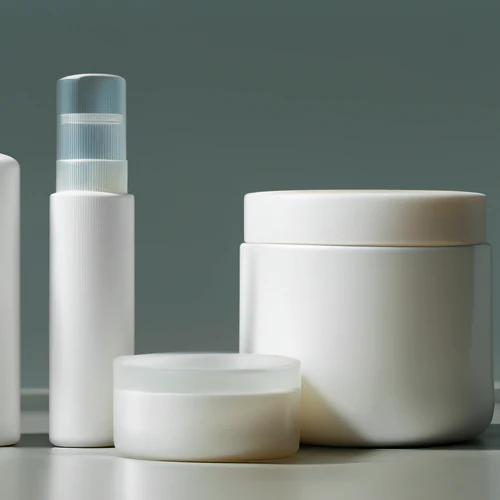Want to save 25%? Check out our Subscriptions!
Psoriasis is a chronic autoimmune condition characterized by red, scaly patches on the skin. While there is no cure for psoriasis, several lifestyle management strategies can help individuals effectively manage their symptoms and improve their overall quality of life. This article will provide practical advice on diet, stress reduction, exercise, and skincare routines for individuals with psoriasis.
While no specific diet can cure psoriasis, confident dietary choices may help alleviate symptoms and reduce inflammation

Stress exacerbates psoriasis symptoms, so managing stress levels is crucial for effective symptom management.

Practice deep breathing, meditation, yoga, or progressive muscle relaxation to relax your mind and body. These techniques can help reduce stress and promote a sense of calm.
Find activities that bring you joy and help you unwind. Engaging in hobbies such as painting, gardening, playing an instrument, or reading can distract you from stressors and provide a positive outlet.
Connect with friends, family, or support groups who understand and empathize with your condition. Sharing your experiences, concerns, and triumphs can be incredibly helpful in reducing stress and anxiety.
Regular exercise not only promotes overall health but can also improve psoriasis symptoms.

Engage in gentle exercises on the joints to avoid triggering flare-ups. Swimming, cycling, walking, and yoga are excellent low-impact options that can be incorporated into your routine.
Gradual progression: Start slowly and gradually increase the intensity and duration of your workouts. Sudden intense physical activity may trigger psoriasis flare-ups, so listen to your body and progress at a comfortable pace.
Apply moisturizer to your skin before exercising to reduce friction and irritation. After training, take a lukewarm shower and apply a moisturizer to keep your skin hydrated and prevent excessive dryness.
Maintaining a consistent skincare routine is essential for individuals with psoriasis.

Use mild, fragrance-free cleansers specifically formulated for sensitive skin. Avoid harsh soaps or scrubbing vigorously, as these can worsen irritation.
Keep your skin well-hydrated by applying moisturizers or emollients throughout the day. Opt for thicker creams or ointments that lock in moisture and provide a protective barrier for your skin.
Avoid harsh chemicals, fragrances, and dyes in skincare products. Opt for hypoallergenic and fragrance-free options to minimize skin reactions.
Lifestyle management plays a significant role in managing psoriasis symptoms effectively. By following a balanced diet, managing stress, engaging in regular exercise, and maintaining a proper skincare routine, individuals with psoriasis can experience improved skin health and an enhanced quality of life. Remember to consult a healthcare professional for personalized advice and treatment options tailored to your needs.
Welcome to Amazing Ointments – your premier destination for top-tier skincare solutions. Our journey began with a clear purpose: to provide a natural and effective alternative for those grappling with various skin conditions.